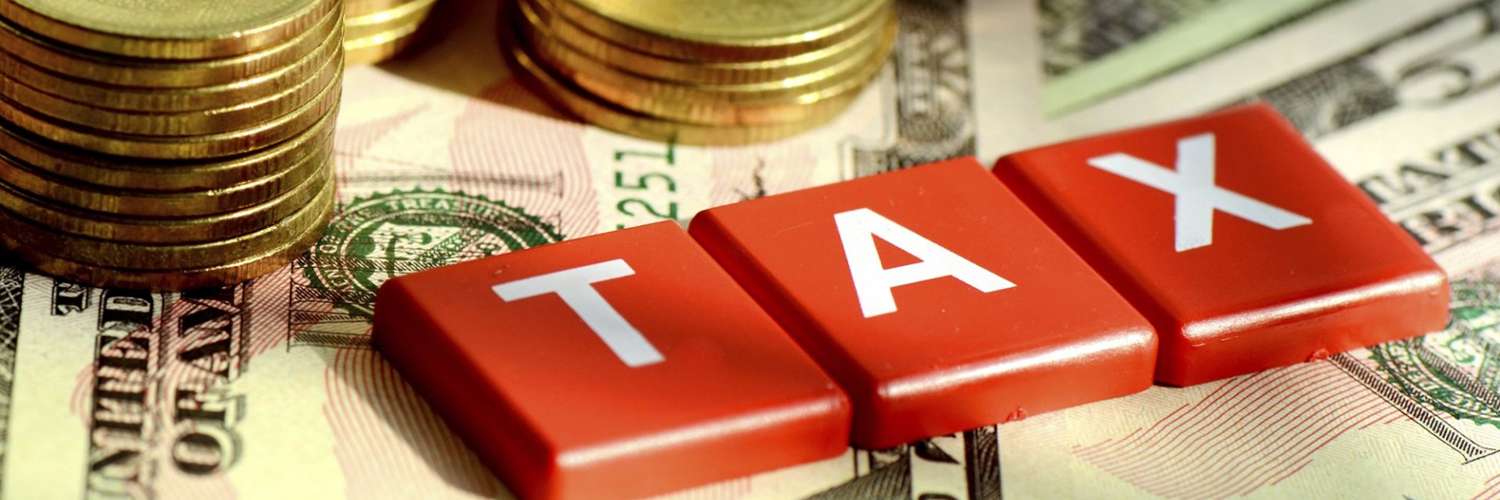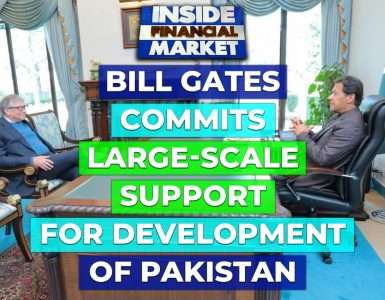Pakistan has made a commitment with the International Monetary Fund (IMF) to increase FBR taxes by a massive Rs1.272 trillion (almost 2.8 per cent of GDP) in the coming budget and jack up electricity rates by almost Rs4.97 per unit in the remaining three months of the current fiscal year.
According to documents released by the IMF after approval by its executive board of directors of the modified extended fund facility (EFF), the government has also given an undertaking to continue making electricity tariff adjustments next year on monthly, quarterly and annual basis through “automaticity” of regulator Nepra’s amended powers.
The documents also suggest that the government would continue increasing petroleum levy on oil products to the maximum level (Rs30 per litre) this year and next year to collect about Rs510 billion this year instead of budgeted target of Rs450bn.
The petroleum levy target for the next year has been set at Rs607bn. The provinces have given an undertaking to provide Rs570bn cash surplus to the federal government and increase it to Rs729bn next year.
Government to raise electricity tariff by Rs4.97 per unit in remaining three months of current fiscal year
As such, the tax collection target for the Federal Board of Revenue in next year’s budget has been committed at Rs5.963tr against Rs4.691tr revised target for the current fiscal year. About Rs500bn will be additional tax generation through “general sales tax (GST) and a personal income tax reform with the FY2022 budget, yielding an estimated 1.1pc of GDP”.
Under the agreement, the government would also bring down the current year’s development programme to Rs1.169tr against budgeted target of Rs1.324tr.
The government has also given an undertaking to make adjustments in gas tariff and not to consider any tax exemption or tax amnesty in future. Also, the IMF made it part of the programme conditions to have detailed audit of the funds allocated for combating Covid-19, including contracts and beneficial ownership of bidding results, including medical supplies.
The IMF confirmed that Pakistan had completed a total of five prior-actions to revive the Fund programme, including Rs3.57 per unit increase in electricity tariff and submission of the SBP amendment bill to parliament to revive the EFF programme and secure disbursement of $500 million.
However, Finance Secretary Kamran Ali Afzal had told the National Assembly’s Standing Committee on Finance on Wednesday that the SBP amendment bill had not yet been submitted to parliament and resisted discussions on it unless it becomes a public document.
The IMF documents showed Pakistan also agreed to have a total of 11 new structural benchmarks, while another equal number of unmet previous structural benchmarks would remain in place for implementation under revised deadlines.
Speaking at a live briefing, IMF’s mission chief for Pakistan Ernesto Ramirez Rigo said that despite hard economic conditions amid Covid-19 steep adjustments in energy tariff were inevitable because the rising circular debt was a drain on public finance and a drag on economic growth. He agreed that these were unpleasant adjustments but solution lied in the combination of cost recoveries, loss reduction and system improvement.
He said the increase in revenues was also a hard choice along with control on unnecessary expenditures to spare fiscal space for social sector spending, including health and education. He said the removal of plenty of tax exemptions, including GST, was not easy with political economy but was necessary to continue to broaden the tax base.
Responding to a question about renegotiations on the Fund programme following recent statements by Prime Minister Imran Khan and Finance Minister Hammad Azhar, the IMF mission chief said the two sides had been in contact soon after the disbursement of $500m and it was an ongoing process as part of quarterly reviews.
However, he said the government had made no formal request for renegotiations. He said that while remaining within the programme objectives and design, the sequencing could always be discussed as it was not something written on stone. There could always have different approaches to achieve same results, he said.
The government confirmed that the cabinet had approved a timetable for the determined, but not yet notified electricity price adjustments. The timetable includes a two-staged implementation of the FY2021 annual rebasing, determined as Rs3.34 per unit increase in the base tariff.
The government will have to change subsidy policy that involved an expanded definition of the lifeline tariff through provision of average of previous 12 months’ consumption rather than the existing monthly consumption.
As part of the circular debt management plan, an embedded mechanism of automaticity of tariff adjustments in line with the plan’s declining path of accumulation of new arrears has been ensured, streamlining the process of power tariff adjustments to increase its predictability. “The new tariff adjustment plan, designed in consultation with our international partners, will consolidate tariff adjustments to significantly reduce the number of end-consumer tariff adjustments in FY2022 while delivering the required revenue for the system,” the finance ministry said.
In particular, the fuel price adjustment, the quarterly adjustment for capacity payments and the annual rebasing of tariff will continue to take place, but their timing will be adjusted to alleviate consumers from the impact of continued tariff adjustments.
The government has agreed to broaden and harmonise the GST base underpinned by a unified tax base and within the confines of the current constitution.
Notably, this will eliminate all zero-rated goods (Fifth Schedule), except export and capital machinery goods, and move them to the standard sales tax rate, remove reduced rates under the Eight Schedule and bring all those goods to the standard sales tax rate and eliminate exemptions (Sixth Schedule), excluding a small subset of goods (i.e. basic food, medicines, live animals for human consumption, education and health-related goods).
The government will also bring all others under the standard rate and remove the Ninth Schedule to replace a specific tax rate for cell phones with the standard rate. These reforms are expected to yield an estimated 0.7pc of GDP on an annualised basis.
On top, the government will reform personal income tax (PIT) regime to change the existing tax rate structure by reducing the number of rates and income tax brackets from 11 to five and decreasing the size of income slabs. It will also introduce special tax procedures for very small taxpayers, aimed at preventing further tax base erosion and facilitating formalisation of the economy and then adopt a long-term strategy to reduce labour informality and to bring additional taxpayers into the PIT net. This reform is expected to yield 0.4pc of GDP on an annualised basis.










Add comment